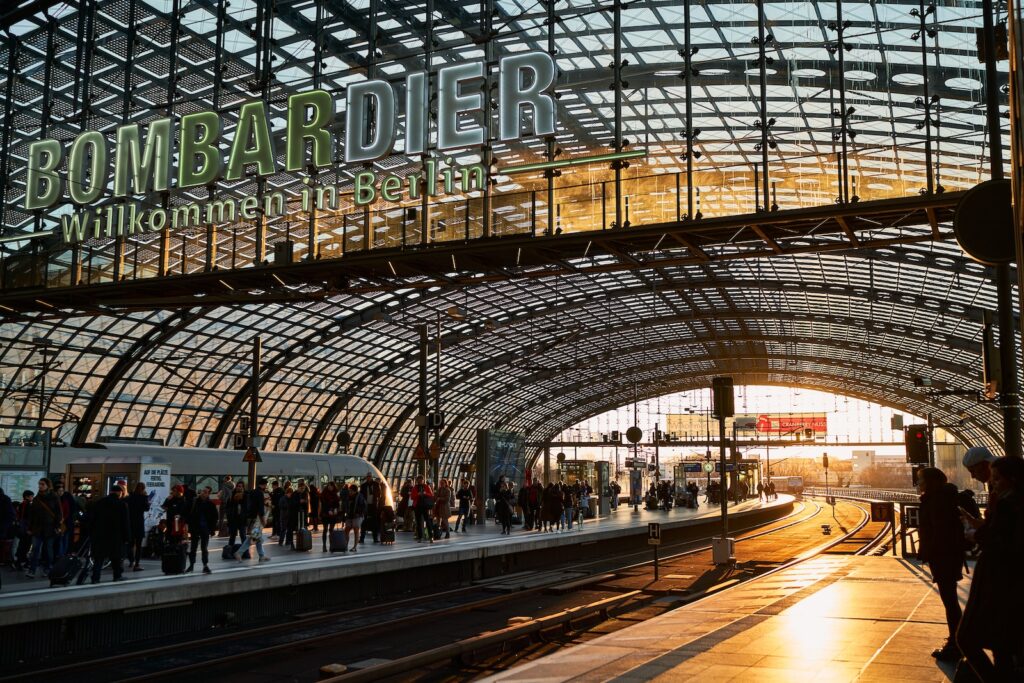The Role of Artificial Intelligence in Ensuring Flight Security
In recent years, artificial intelligence (AI) has made significant strides in various industries, and one of the areas it has revolutionized is flight security. With the rise in global air travel and the increasing complexity of security threats, AI has become an invaluable tool in ensuring the safety and security of passengers. This article will explore the role of AI in flight security and how it is transforming the aviation industry.

Table of Contents
AI-powered Surveillance Systems
One of the primary applications of AI in flight security is through the use of surveillance systems. Traditional security cameras are limited in their ability to detect suspicious behavior or identify potential threats. However, AI-powered surveillance systems can analyze video feeds in real-time, allowing for the immediate detection of suspicious activities.
These systems use advanced algorithms to recognize patterns and behaviors that are indicative of potential threats. For example, they can identify individuals loitering in restricted areas, unauthorized access to sensitive areas, or suspicious objects left unattended. By alerting security personnel to such incidents, AI-powered surveillance systems enhance the overall security of airports and aircraft.
Passenger and Baggage Screening
Another crucial aspect of flight security is passenger and baggage screening. Traditional screening methods, such as metal detectors and X-ray scanners, are effective but can be time-consuming and prone to human error. AI technology has significantly improved this process by automating the screening process and enhancing its accuracy.
AI algorithms can analyze passenger behavior, facial expressions, and body language to identify potential threats or individuals who may require additional screening. This technology can also analyze X-ray images of baggage to detect prohibited items, such as weapons or explosives, with greater accuracy. By streamlining the screening process, AI ensures that security checks are efficient while minimizing inconvenience for passengers.

Behavioral Analysis and Predictive Modeling
AI is also utilized in behavioral analysis and predictive modeling to proactively identify potential security risks. By analyzing various data points, such as flight itineraries, passenger profiles, and historical security incidents, AI algorithms can identify patterns and trends that may indicate a potential security threat.
For example, if a passenger’s travel history suddenly includes multiple destinations known for criminal or terrorist activities, AI algorithms can flag this as a potential risk. Similarly, AI can analyze social media feeds and other publicly available information to assess the credibility of threats made against airlines or airports. By predicting potential security risks, authorities can take proactive measures to mitigate threats and ensure the safety of passengers and aircraft.
Frequently Asked Questions (FAQs):
Q: Can AI completely replace human security personnel?
A: While AI technology has greatly improved flight security, it cannot completely replace human security personnel. AI acts as a powerful tool to enhance security measures, but human judgment and decision-making skills are still essential.
Q: Is AI vulnerable to hacking or manipulation?
A: Like any technology, AI systems are not immune to hacking or manipulation. However, robust security measures and encryption protocols are in place to protect AI-powered systems from unauthorized access or tampering.
Q: What are the privacy concerns associated with AI-powered surveillance systems?
A: AI-powered surveillance systems raise privacy concerns as they continuously monitor individuals in public areas. However, strict regulations and protocols are in place to ensure that these systems are used for security purposes only and do not infringe on individuals’ privacy rights.
Q: How can AI help in emergency situations?
A: AI can help in emergency situations by providing real-time data analysis and decision support. For example, AI algorithms can quickly assess the severity of an emergency, identify potential evacuation routes, and provide recommendations to authorities for effective response and management.
Q: What are the future prospects of AI in flight security?
A: The future prospects of AI in flight security are promising. As AI technology continues to advance, it is expected to play an even more significant role in threat detection, risk assessment, and emergency response. Additionally, AI-powered systems will become more integrated and interconnected, enabling seamless information sharing and collaboration between airports and airlines worldwide.
In conclusion, AI has become an indispensable tool in ensuring flight security. By leveraging the power of AI, airports and airlines can enhance surveillance systems, streamline passenger screening processes, and proactively identify potential security risks. While AI cannot replace human judgment, it significantly improves the efficiency and effectiveness of flight security measures. As technology continues to advance, AI will continue to play a crucial role in safeguarding the aviation industry and ensuring the safety of passengers and aircraft.



